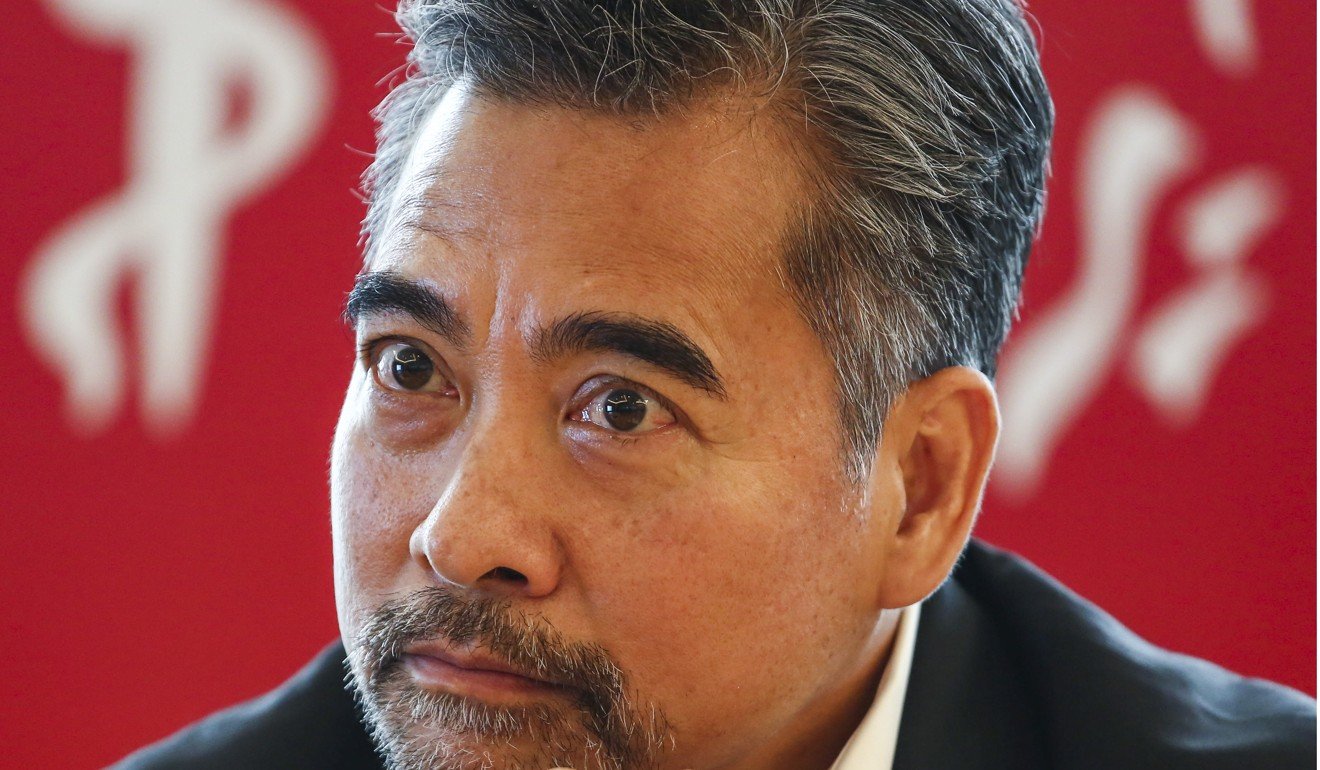
Hong Kong insurance policies regain sparkle among mainland investors as yuan weakens
- Prudential reports life and health insurance policies taken out by mainland clients jumped 23 per cent in the third quarter on year
- China’s yuan has fallen 10 per cent against the US dollar from its peak in March, sparking a rush to Hong Kong insurance as a hedging tool
A weaker yuan and the new high-speed rail link brought more mainlanders to Hong Kong to buy life and health policies in the last quarter, a trend that local insurers expected to continue over the following months.
British insurer Prudential, which has the largest insurance sales team in Hong Kong, saw income from the sale of life and health insurance policies to mainlanders increase by 23 per cent in the third quarter on year.
“Mainlanders have returned to the market. We have seen an increase over the past six months, particularly during the third quarter,” said Nic Nicandrou, chief executive of Asia at Prudential in Hong Kong on Wednesday.
Nicandrou said mainlanders mainly bought health and life policies to diversify risks.
“The high speed rail train started running in September and it has also brought in more mainlanders to visit Hong Kong and that also boost sales,” said Derek Yung, chief executive of Hong Kong at Prudential. “Looking ahead, with the opening of the Hong Kong-Zhuhai-Macau Bridge, the sales to the mainland travellers should continue to increase.”
Hong Kong insurer FWD said it had recorded a “slight increase” in mainland Chinese buying life policies in the past six months.
Analysts said mainlanders were buying Hong Kong insurance policies to hedge against the ongoing decline in the value of the yuan against the US dollar. The yuan has fallen 10 per cent against the US dollar from its peak in March.

“Whenever the yuan is weakening, mainlanders come down to buy insurance policies in Hong Kong which are issued in US dollars and the Hong Kong dollar. Buying a Hong Kong policy is equal to converting the yuan into the US dollar or Hong Kong assets,” said Jasper Lo, chief of investment strategies at Eddid Securities and Futures.
“They can get double protection, including the insurance cover and valuation gains to hedge against the risks of a falling yuan against the US dollar.”
In 2016 mainlanders spent a record HK$72.68 billion (US$9.28 billion) buying Hong Kong-issued life policies when the yuan fell 7 per cent against the US dollar, or double that of 2015.
In 2017 their spending fell 30 per cent to HK$50.84 billion, after China imposed restrictions on insurance payments and as the yuan bounced 6.3 per cent against the dollar.
The Insurance Authority said on Friday that mainlanders spent HK$11.785 billion on life and health insurance policies in Hong Kong during the third quarter, up 17 per cent from HK$10.106 billion a year earlier.
AIA Hong Kong posted double-digit growth in the third quarter, boosted by the spending of domestic and mainland customers, an AIA spokeswoman said.
Meanwhile, Prudential said the company will set up a wholly-owned asset management company called Eastspring Investment Management (Shanghai) Company to target high net worth customers, with product offerings expected to start in February, Nicandrou said.
Prudential has two 50-50 joint ventures with Citic, involving life insurance and asset management.
Nicandrou said the firm would like to increase its stake in the life insurance joint venture but has run into resistance by its mainland partner.
“We are happy with our partner. China is a complicated market. It needs a local partner with local knowledge to help us to expand in the country, which is so big that one province is equal to an European country,” he said.

